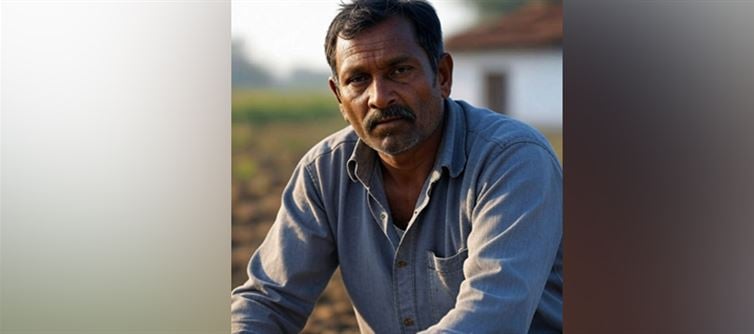
What strikes an emotional chord is the senior’s unwavering dedication to his family despite his fading interest in life. He sends most of his salary home to support his dependent family and younger siblings, a duty he feels compelled to uphold even at the cost of his own well-being. When advised to take a break or quit his job, his response is a humble yet resolute, “I can’t,” revealing the invisible chains of duty that bind him. This selflessness, while admirable, underscores a troubling reality—his personal dreams and happiness are being crushed under the burden of providing for others, a sentiment that many can relate to in the context of India’s societal expectations of men as the primary providers.
The tweet serves as a sobering reminder of the unglamorous side of adulthood, where the glittering facade of social media hides the gritty truth of hard work and sacrifice. The post highlights that millions of men in india toil daily, their lives a testament to resilience but also a cry for recognition. The senior’s story is not just his own; it mirrors the experiences of countless elder siblings and breadwinners who prioritize family over self, often at the expense of their mental and emotional health. This narrative calls for a deeper societal acknowledgment of these unsung heroes, urging us to reflect on the need for support systems that allow them to breathe, dream, and live beyond their roles as providers.




 click and follow Indiaherald WhatsApp channel
click and follow Indiaherald WhatsApp channel